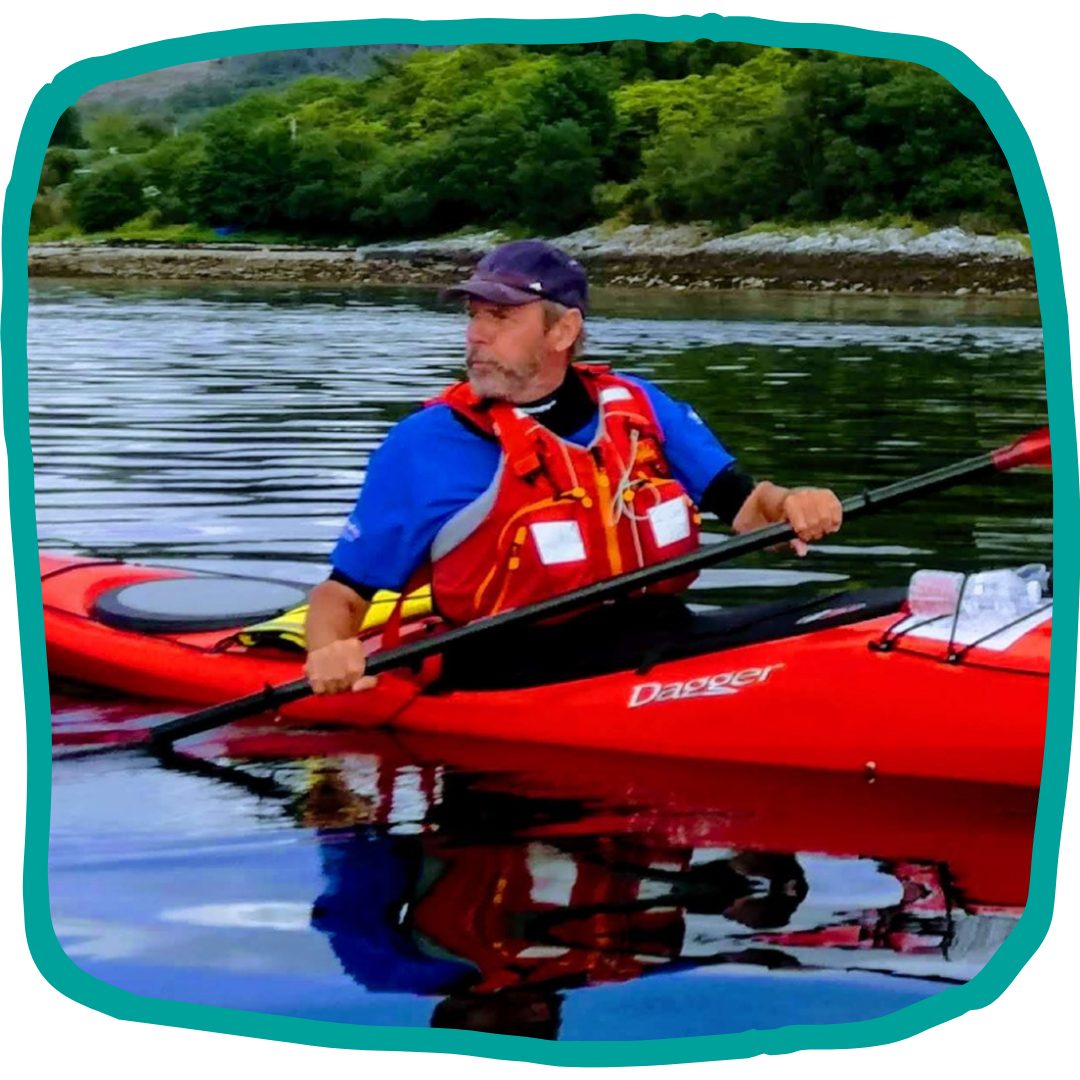 November 2020
November 2020
I was diagnosed with aggressive Prostate Cancer in June 2015. I opted for radical prostatectomy surgery but unfortunately, this didn’t provide a cure. After two years of hormone deprivation treatment and 20 sessions of radiotherapy and many more twists and turns in my treatment journey, I was told in 2019 that my cancer was incurable and I am receiving ongoing treatment to keep it under control.
From the end of my radiotherapy treatment to the time of writing this I have been plagued with very unpleasant bowel and bladder problems, as well as mental health difficulties.
My bowel symptoms are increased frequency, urgency, tenesmus (feeling like I had not emptied my bowels), variable stool consistency and excessive wind. I was diagnosed with bacterial overgrowth (SIBO) but antibiotics did not help. I became increasingly upset and was prescribed anti-depressant medication by my GP. Eventually, I found a colorectal nurse specialist who was interested in my ongoing plight, and who could offer some helpful advice, as she was involved in setting up a service for patients with ‘late effects’ (Pelvic Radiation Disease – PRD) symptoms in Dundee.
Radiation cystitis also appeared early on during my radiotherapy treatment, and I had greatly increased frequency, urgency, and severe discomfort, which escalated quickly and was still adversely affecting my life 6 months later. It also took a while to see a urology nurse but she was extremely helpful and confirmed that the measures I was taking, such as ‘hanging on’ as long as possible, were exactly the
right things to do.
After some searching, I did find two important sources of help. Maggie’s in Dundee has been exceptional in terms of helping with my mental health. The Pelvic Radiation Disease Association (PRDA) is an invaluable ‘ray of sunshine’ in my bleak landscape, where I am able to receive advice, and discuss the symptoms of PRD with people who understand and empathise. It really helps to know I am not on my own in experiencing these problems.
My distress about the way PRD has affected my life has been greatly compounded by the lack of adequate information before radiotherapy about the possibility of unpleasant, permanent after effects. Then, when the problems did occur for me, doctors seemed unsure what to do and were slow to act, despite such a serious negative impact to my quality of life.
Ongoing treatment for cancer means I spend a lot of time visiting hospitals, making it very difficult to have much life away from home. But the most life-limiting factor has been the PRD. It adversely affects me every single day due to having permanently damaged bladder and bowels. Some days I find it difficult to contemplate leaving the house, and every single day I have to plan everything around how
my bladder and bowel might ‘misbehave’ that day.
It’s not all doom and gloom though, as I have managed through determined perseverance and downright bloody mindedness to get out and about more, including spending more time with our family.
I have been volunteering as a trustee with PRDA and have helped raise awareness of PRD across Scotland. My main motivation is to be an enthusiastic and active advocate for raising awareness of PRD amongst the medical profession, and with patients. I hope to be able to do much more of this in the future as I feel it’s a particularly personal way of getting this very important message across.
In 2018, I ‘found’ sea/touring kayaking, which I enjoy on local lochs, rivers and off the West Coast of Scotland. I can’t walk or even stand for any length of time without my bowel becoming very uncomfortable but kayaking is all done sitting down! It provides me with good exercise, fresh air, and a whole new set of friends.
When I’m on the water in my boat I feel ‘normal’ and can, for the most part, forget my troubles for a wee while.
modified: 17th April 2024
